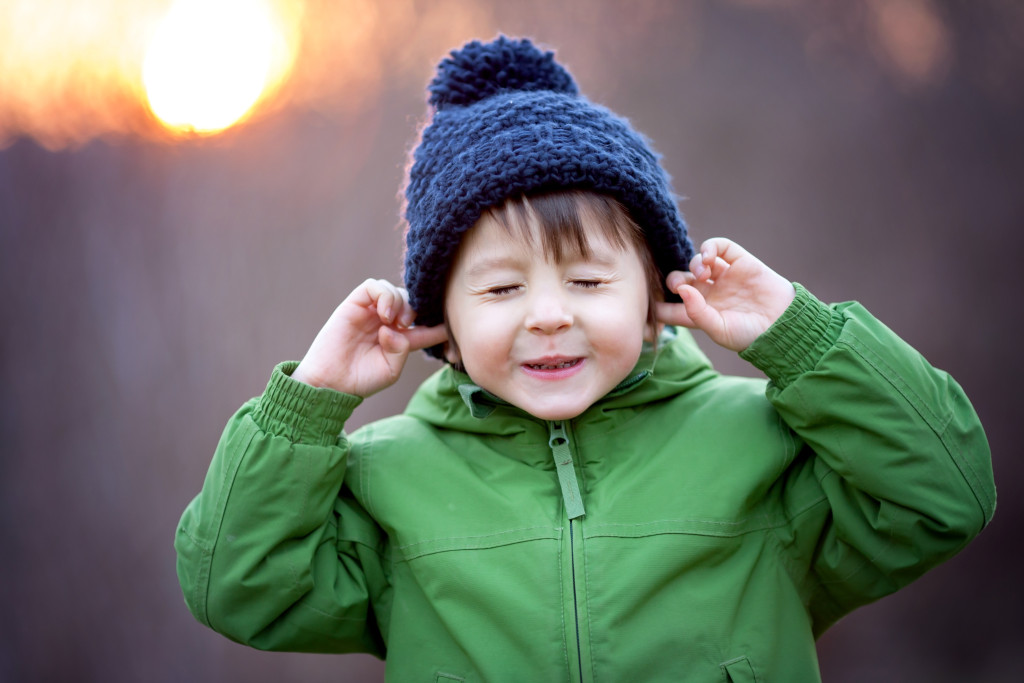I don’t know about you, but it seems like for many parents, yelling has become their “go-to” reaction, especially in these stressful times of pandemic living and learning. Many well-meaning, well-intentioned parents often tell me they feel that yelling is the only way they can get their kids to listen or take them seriously. Been there? Yep, me too!
You see, even though I’m a parent coach, I *still* find myself losing my temper from time to time, even though I know I “shouldn’t.” Because, like all of us, I’m human. Those triggers can often take us by surprise and show up when we least expect it. Can you relate? You’re not alone!
Although yelling may feel like the answer in the moment, it’s not our only option. This is a habit worth breaking and I’d love to show you how.
Before I do, I invite yo to consider what it feels like to be yelled at. I’m guessing we can agree that it’s loud and scary. Not to mention, all that goes along with yelling – tone of voice, look in the yeller’s eyes, not knowing how long it will last and its overall unpredictability. According to author and psychotherapist Hilary Jacobs Hendel, LCSW, “Being frequently yelled at changes the mind, brain and body in a multitude of ways including increasing the activity of the amygdala (the emotional brain), increasing stress hormones in the blood stream, increasing muscular tension and more. Being frequently yelled at as children changes how we think and feel about ourselves even after we become adults and leave home. That’s because the brain wires according to our experiences—we literally hear our parents’ voices yelling at us in our heads even when they’re not there.”
In other words, yelling signals the brain that a threat is near. When the brain senses a threat, the amygdala becomes activated and moves into fight/flight/freeze mode. This is when you may see, for example, defensiveness/back talk/yelling back (fight), running into another room (flight) or blank stares (freeze). Unfortunately, by this point, our kids have already tuned us out and for good reason. They’re focused on self-preservation and will do whatever their unique temperament dictates, as a way of instinctually protecting themselves. Our original message gets lost and the relationship enters shaky ground.
Many parents turn to yelling as a way to feel “in control,” but have you ever noticed that you may resort to yelling when you’re actually feeling OUT of control?? We can’t expect our kids to control their behavior if we’re unable to control our own.

As Positive Discipline author Jane Nelsen says, “Children DO better when they FEEL better.” We all do. The calmer and more connected we can be as parents, the calmer and more secure our child will feel. And the healthier their brain and body will be as well.
What I’ve learned over the many years of doing this work, is that managing our own emotions, triggers and responses isn’t easy, but it’s definitely possible. It just takes practice, patience and loads of self-compassion! To reduce (and ideally eliminate) yelling, it’s helpful to begin by coming up with a plan for yourself.
Here are 8 steps to help you yell less and connect more:
1.) Think about the situations that trigger you the most – Maybe it’s when your child ignores you after you make a request. Or maybe it’s when they talk back to you. Or maybe it’s when they throw that wonderful meal you spent hours preparing across the room?
2.) Notice the feelings that come up – Anger? Fear? Frustration? Powerlessness? Shame?
3.) Pay attention to the thoughts that arise – “I can’t believe he/she just did that! How dare him/her!” “I need to get a handle on this or he’s going to turn into a delinquent!” “She sounds like such a spoiled brat!”
4.) Challenge and replace those thoughts – “My child is still learning and isn’t out to get me.” “He’s having a problem, not being a problem.” “I can help her learn a kinder way of speaking to me.” “This isn’t an emergency.” “I can handle this calmly and respectfully.” “I need to focus on connecting before correcting.”
5.) Commit to PAUSING when you notice any of the above and do something to TAKE CARE of yourself – For example, BREATHE (slowly and deeply), walk out of the room, count to 10, close your eyes, give yourself a hug (yes, a hug!), go outside and notice something in nature, grab a piece of paper and write out your thoughts/feelings or just scribble! Whatever works best for you.
6.) Let your kids know about your plan and the commitment you are making to reduce your yelling – Invite them to help you come up with a silent signal (peace sign, hand over their heart, finger on their lips) that they can do when they sense you’re about to lose it. Tell them it will serve as your reminder to pause and choose another tone. The discussion may sound something like, “I know I’ve been yelling a lot. I’m sure it doesn’t feel good to you and it definitely doesn’t feel good to me either. I love you very much and, it’s not ok for me to yell at you. It’s not respectful. I want to let you know that I’ve come up with a plan for what I can do instead of yelling. You may see me taking lots of deep breaths, or you may see me walking away. You may even see me give myself a hug! I yell when I’m angry/frustrated/afraid (etc.) and it’s my job to take charge of my feelings and reactions and speak to you with kindness and respect. I may need some support and would love your help in coming up with a signal you can use when you see I’m starting to lose my patience (ask what signal they like best). That signal can help me get back on track. If you forget, that’s ok. I’m working on remembering myself. Please know I love you no matter what and care about our relationship.”
7.) If you end up yelling, do your best to acknowledge your behavior, take responsibility by apologizing, let your child know what you will do differently next time and focus on reconnecting – For example, “I yelled at you and that wasn’t ok. I apologize. It’s not ok for me to speak to you that way, it’s not respectful. Next time, I will walk into the other room and take deep breaths like this (show him/her). Again, I’m sorry. I don’t know about you, but I could sure use a hug!”
8.) Practice, practice, practice and be kind to yourself – Remind yourself that we all make mistakes. Thankfully, our kids don’t need us to be perfect, that’s a lot to live up to! Be gentle with yourself…you’re learning new skills right alongside your kids.
I completely recognize this is not an easy habit to break! The good news? You don’t have to go through it alone. Please feel free to reach out if you’d like a little support from someone who’s been there! 😉
Do you have a tool that’s helped you reduce your yelling? I’d love to hear about it! Email me at debbiezeichnerlcsw@gmail.com and let me know!
With love and gratitude,
Debbie

